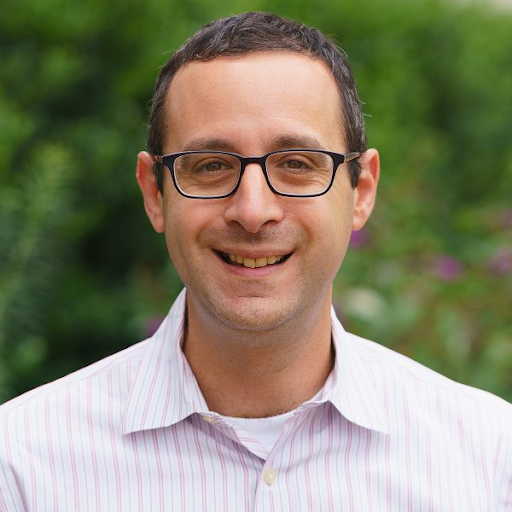
Does open science apply to my field? It’s a contentious question that will garner a range of responses. If you are a researcher studying aging, however, there is one scientist who is certain that yes, open science is relevant to your research. Dr. Derek Isaacowitz, Professor of Psychology at Northeastern University, is a proponent of incorporating open science practices into research, including research on topics across the lifespan. In a co-authored paper with Dr. Majse Lind, Open Science is for Aging Research, Too, Dr. Isaacowitz argues that the field of aging science could benefit from open science and lays out a path towards a more open field.
This paper, and other resources like it can now be found on the new Aging Science community and resources hub that has been launched on the Open Scholarship Knowledge Base. This burgeoning collection houses a range of resources relevant to aging science and open scholarship including information on how to actually conduct open science practices that are core to aging research such as secondary data preregistration.
We had the opportunity to speak with Dr. Isaacowitz to ask some questions about the importance of open science in aging research, how to implement open science practices, and next steps for the field.
Olivia: Why is open science more important now than ever for researchers in the aging research community?
Derek Isaacowitz: While aging researchers have generally not been at the forefront of the open science movement in most cases, the field is impacted by the same forces that have pushed other fields toward open science as well. In the case of aging, there is especially a concern that publication biases in which only papers reporting significant age differences were typically published, combined with the widespread use of Questionable Research Practices as in other areas, may have led us to inherit a published literature that overestimates the magnitude of age differences. Open science is important to help aging research improve credibility while also hopefully “right-sizing” our estimates of age effects.
Olivia: What are the most common obstacles to open science you hear expressed by colleagues and how might they be overcome?
Derek: The most common obstacle I hear about from aging researchers concerns the difficulty of pre-registering studies that are secondary analyses of existing large datasets. This is why I was so excited to publish a special section on pre-registered studies of personality development using existing datasets in Journals of Gerontology: Psychological Sciences (https://academic.oup.com/psychsocgerontology/issue/76/1#1148930-5957065). In their introduction to the special section, Rich Lucas and Brent Donnellan do a really excellent job exploring the nuances of preregistration in this context.
Olivia: What are some easy entry points that researchers in the aging research community can implement in open science practices?
Derek: I suggest that aging researchers start by taking the next study they are going to try to publish and practice making the data publicly available on a repository like OSF. I also suggest taking the next study they are going to conduct and trying to preregister it.
Olivia: What are next steps and directions in the advancement of open science practices in aging research?
Derek: Aging journals are slowly (but surely) following funders and mandating certain open science practices. It seems like data, code and materials availability will be required before pre-registration, but ultimately aging researchers should probably have both types of open science practices in their repertoires in the relatively near future.
Anyone interested in reading and using the resources on the hub can view the Aging Research community resources on the Open Scholarship Knowledge Base and request to join the group. We encourage participation by adding resources to the already existing collection and helping to make aging science more open.
Links or related reading:
For more information on journals requiring Open Science practices, read about the Transparency and Openness Practices (TOP) Guidelines and search journals at TOPfactor.org
Learn about preregistration and preregister your study on the Open Science Framework (OSF); sign up for an account and read OSF guides and FAQs to help you get started.

210 Ridge McIntire Road
Suite 500
Charlottesville, VA 22903-5083
Email: contact@cos.io

Unless otherwise noted, this site is licensed under a Creative Commons Attribution 4.0 International (CC BY 4.0) License.
Responsible stewards of your support
COS has earned top recognition from Charity Navigator and Candid (formerly GuideStar) for our financial transparency and accountability to our mission. COS and the OSF were also awarded SOC2 accreditation in 2023 after an independent assessment of our security and procedures by the American Institute of CPAs (AICPA).
We invite all of our sponsors, partners, and members of the community to learn more about how our organization operates, our impact, our financial performance, and our nonprofit status.